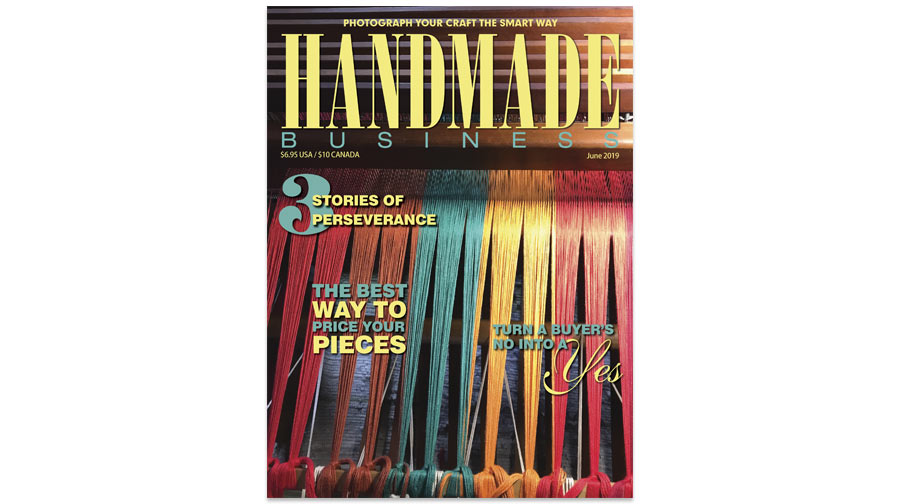Q: I’ve been involved with crafts all my life and look forward to retirement of my day job in about two years. At that time I would like to move to a retirement area with a strong emphasis on arts and crafts as well as small business owners; I would like to start a small craft business after my retirement. I have just begun to scout for a location, with the availability of markets and sources priorities on my list. What are your suggestions on the best retirement areas in the United States that cater to persons with small arts and crafts businesses?
 A: The minute I start recommending one area of the country over another, my mailbox is sure to fill up with notes from chambers of commerce wondering why I didn’t mention their area. So I’m going to go at this in a different direction. Let’s think about some of the factors that will be important wherever you choose to live.
A: The minute I start recommending one area of the country over another, my mailbox is sure to fill up with notes from chambers of commerce wondering why I didn’t mention their area. So I’m going to go at this in a different direction. Let’s think about some of the factors that will be important wherever you choose to live.
The most important consideration is the climate and whether you prefer to live in an urban or rural area. For instance, I couldn’t move to a large city or a place with brutally cold winters regardless of the strength of the business climate. I am wondering why you are interested in moving to a retirement area just because you are retiring. Some of the most exciting places to live may have a multigenerational mix that is beneficial to residents both socially and economically. I want you to be aware that as we age, we buy less because we need less.
You don’t state the nature of the craft store you plan to have. Is it a craft shop selling the finished work of various craftspeople or are you thinking of selling the materials to be used by craftspeople? If it’s the former, the buy-less rule applies, in the case of the latter, many retirees enjoy making things and spend generously on the supplies they need. You also might want to read about the “do it yourself” (DIY) movement. This is a fast-growing network of not necessarily professional people, mostly women, who are totally caught up in making things for themselves and their friends and families. This group could be a ready market for your supplies. Although this group has more or less rejected the traditional outlets for selling handmade products, they might see your shop as a place to sell their work.
As I write this, the world is caught up in a serious economic dilemma. It may take years for this country to recover. This means it will no doubt be harder to borrow money to start a business. I would suggest that as you watch the recovery process you write a well-researched and thought-out business plan aimed at the area you now live in and go out with it and check the willingness of local banks to lend you money. You can then refine your approach and be ready for the real thing when you have decided where to live, unfortunately without my recommendation. Good luck. HB




